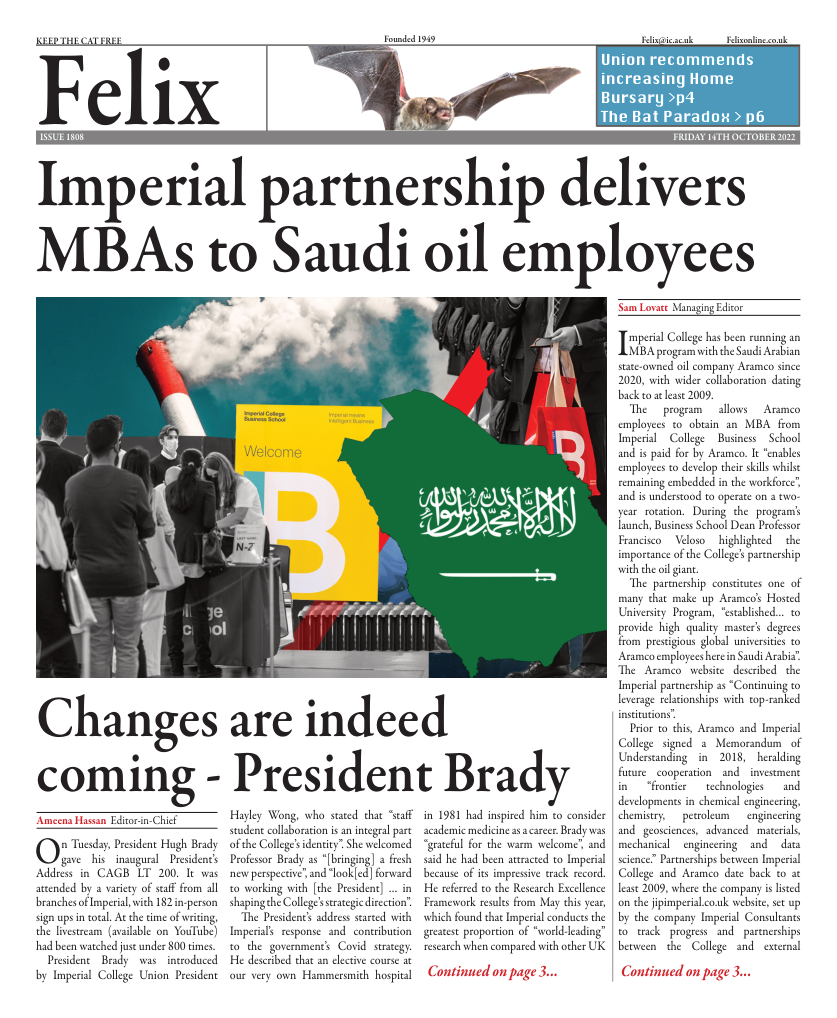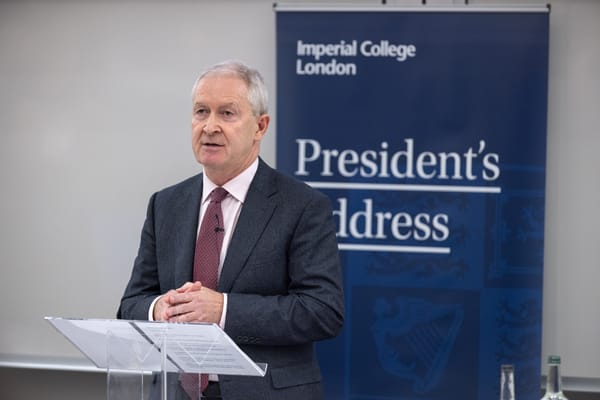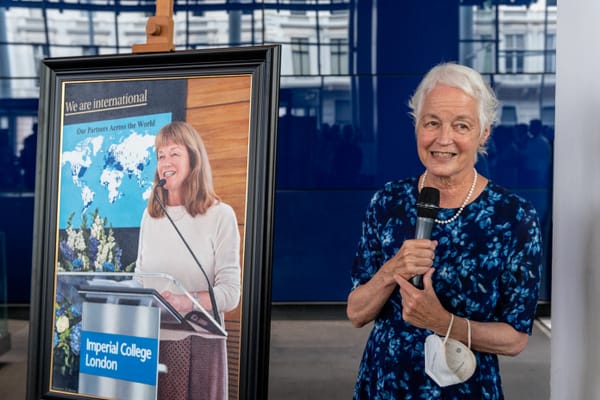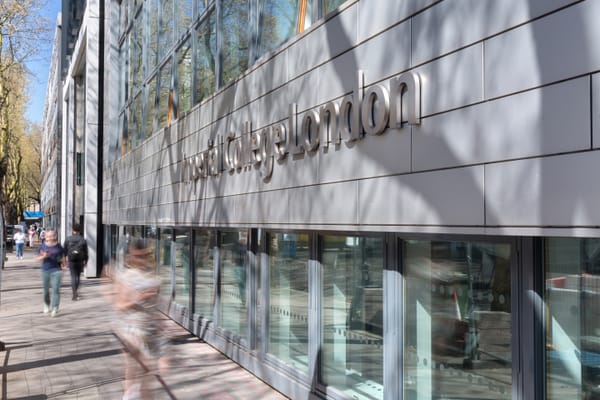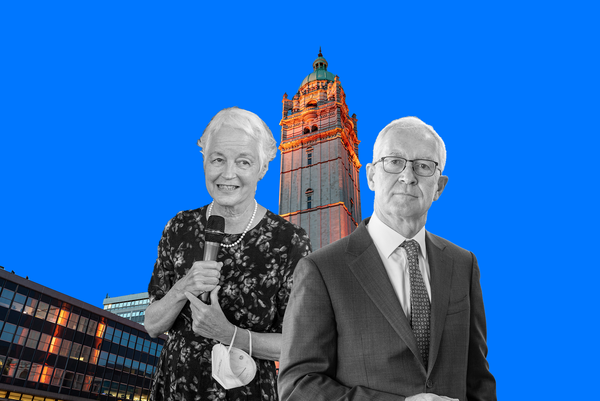Imperial partnership delivers MBAs to Saudi oil employees
Saudi Aramco "leverages relationship" with College to provide Business School MBAs
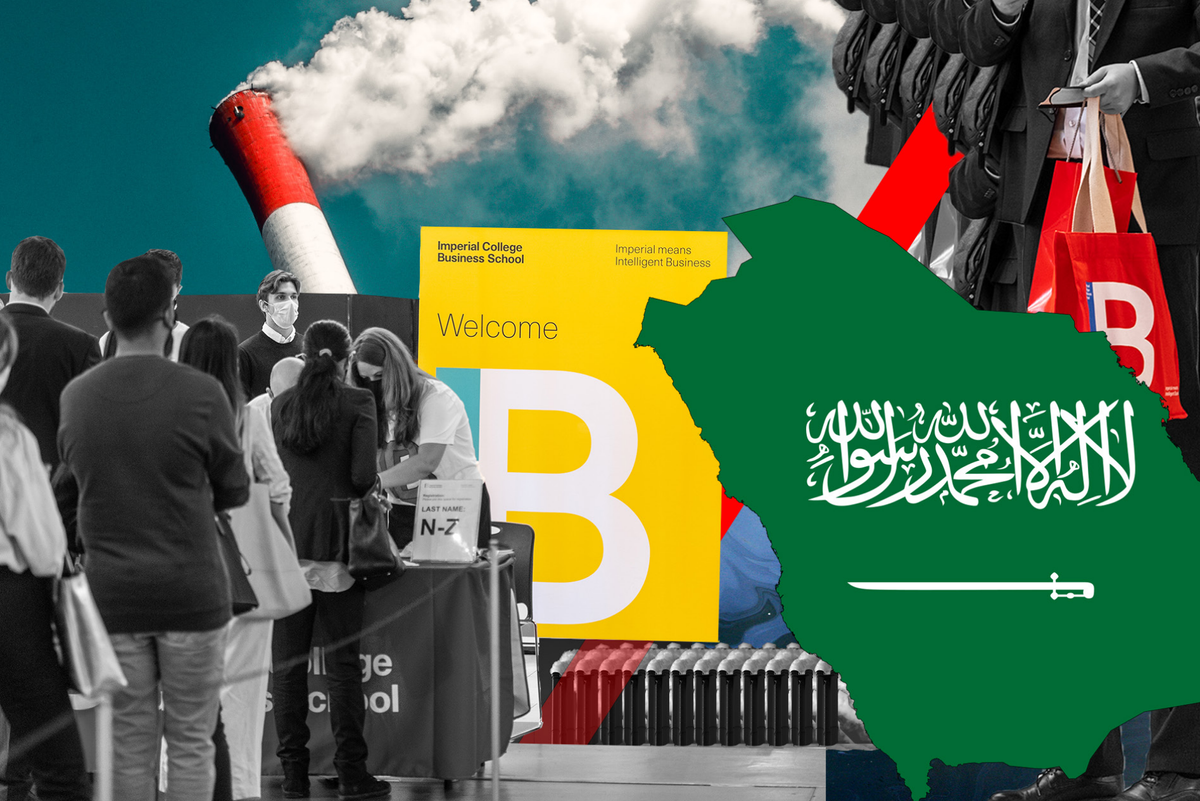
Imperial College has been running an MBA program with the Saudi Arabian state-owned oil company Aramco since 2020, with wider collaboration dating back to at least 2009.
The program allows Aramco employees to obtain an MBA from Imperial College Business School and is paid for by Aramco. It “enables employees to develop their skills whilst remaining embedded in the workforce”, and is understood to operate on a two-year rotation. During the program’s launch, Business School Dean Professor Francisco Veloso highlighted the importance of the College’s partnership with the oil giant.
The partnership constitutes one of many that make up Aramco’s Hosted University Program, “established… to provide high quality master’s degrees from prestigious global universities to Aramco employees here in Saudi Arabia”. The Aramco website described the Imperial partnership as “Continuing to leverage relationships with top-ranked institutions”.
Prior to this, Aramco and Imperial College signed a Memorandum of Understanding in 2018, heralding future cooperation and investment in “frontier technologies and developments in chemical engineering, chemistry, petroleum engineering and geosciences, advanced materials, mechanical engineering and data science.” Partnerships between Imperial College and Aramco date back to at least 2009, where the company is listed on the jipimperial.co.uk website, set up by the company Imperial Consultants to track progress and partnerships between the College and external companies on oil well test analysis.
Imperial College’s Socially Responsible Investment Policy states that it will “continue to invest in fossil fuels companies that demonstrate they are actively moving towards meeting Paris Agreement targets”, and that it will “influence the behaviour of these companies [through]… educational programmes”. College partnerships are guided by a Relationship Review Policy, that suggests how proposed and continuing relationships should be assessed, though “does not seek to set out absolute prohibitions”. In March last year, a Scrutiny Committee was established to “review all proposed new College relationships with the limited range of countries where UK sanctions apply”. Saudi Arabia currently does not appear on the list of regimes sanctioned by the UK government.
An Imperial College London spokesperson said ”All Imperial’s partnerships and collaborations are subject to the College’s thorough due diligence processes and are regularly reviewed.”
Aramco is a Saudi Arabian state-owned oil company, the world’s greatest contributor to carbon emissions since 1965, and the biggest oil exporter in the world today. The company has repeatedly refused to increase oil production to lower prices since the invasion of Ukraine by Russia in February this year, and reported a record quarterly profit of $48.4 billion for the second quarter of this year. As of the time of writing, Aramco is the world's second most valuable company, with a market cap of $2.1 trillion.
Aramco is majority owned by the Saudi Arabian state, and as such pays significant proportions of its profits to the government. The country’s finances are heavily reliant on money from Aramco, and the company have deferred to government spokespeople when approached by newspapers in the past. This relationship leads many to speculate that dealings with Aramco and the Saudi Arabian state are one and the same.
Saudi Arabia has become a pariah state in the eyes of much of the West since Crown Prince Mohammed bin Salman’s accession to the throne. Among many human rights abuses alleged and proven to have been carried out on orders from MbS, the murder and butchering of Washington Post journalist Jamal Khashoggi in 2018 by Saudi government agents led many western countries to treat Saudi Arabia in a hostile fashion.
On the campaign trail prior to the 2020 election, Joe Biden announced that he wanted to turn Saudi Arabia into a pariah state, though has more recently softened his position and travelled to the gulf state in order to try to encourage an increase in oil production following the Ukraine invasion.
Same-sex sexual activity is criminalised in Saudi Arabia, with a maximum penalty of death. It is also illegal for trans people to expresses their preferred sexual identity and, according to the charity Human Dignity Trust, in 2017 two transgender people were tortured to death by police in a raid where 35 were arrested.
Protesting against the ruling regime is also illegal, with a maximum penalty of death. MbS vowed, to international audience, to stop the practice of sentencing to death teenagers found guilty of protest in 2020, but resumed earlier this year. The death penalty is most commonly enacted by beheading.

